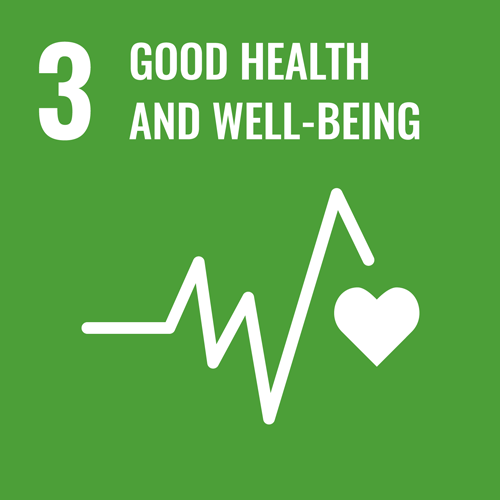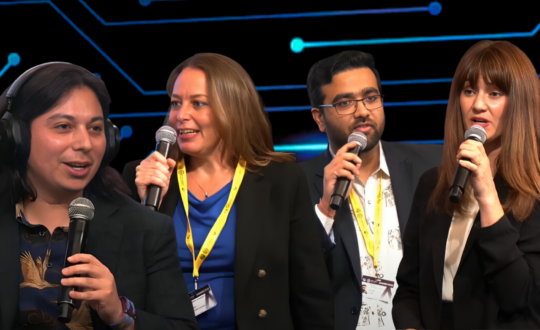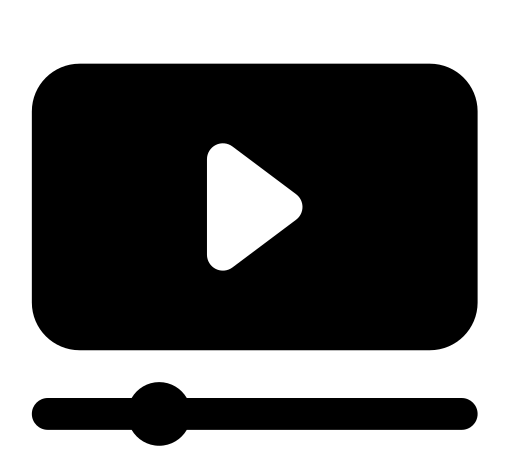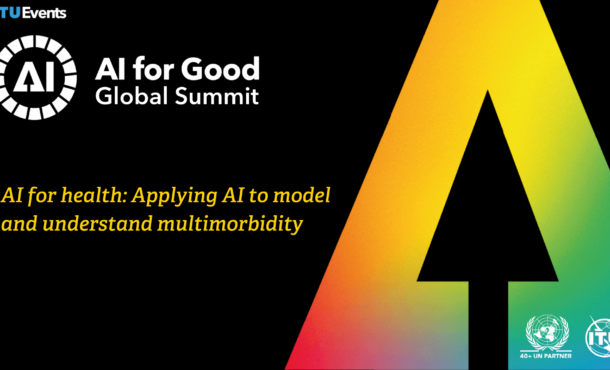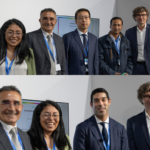Artificial Intelligence for Health ITU and WHO accept 8 new use cases
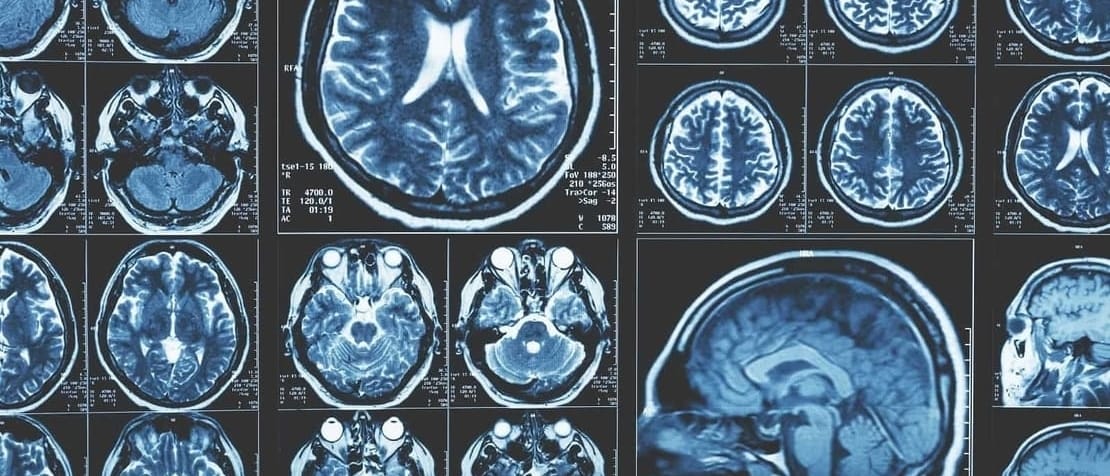
The ITU-WHO initiative working towards the standardization of a framework for the performance benchmarking of ‘AI for Health’ algorithms has accepted eight new use cases addressing health issues spanning from breast cancer and Alzheimer’s disease to autism, vision loss, skin lesions, and venomous snakebites.
The Focus Group on ‘AI for Health’ (FG-AI4H) held its second meeting at Columbia University in New York City, 14-16 November 2018. The meeting reviewed proposals resulting from the Focus Group’s first Call for Proposals, with eight proposals found to meet the Focus Group’s requirements. The Focus Group will explore the feasibility of AI for:
- Assessing the risk of breast cancer in histopathological images
- Mining medical data to understand Alzheimer’s disease
- Guiding anti-venom selection with snake-identification imagery analysis
- Classifying autism through analysis of brain imagery
- Evaluating the accuracy of ‘symptom checker’ applications
- Diagnosing skin lesions through imagery analysis
- Evaluating and reducing the elderly’s risk of falling
- Analyzing imagery to detect diabetic retinopathy and prevent vision loss
“We see a strong spirit of collaboration shared by the diverse set of interests represented in this Focus Group,” says the Focus Group’s Chair, Thomas Wiegand, Executive Director of the Fraunhofer Heinrich Hertz Institute and Professor at TU Berlin. “Alongside the acceptance of these eight use cases, our New York City meeting also launched a new process for the assessment and statistical characterization of undisclosed test datasets.”
The Focus Group is collecting ‘AI for Health’ use cases and associated datasets that could serve as reference data for performance benchmarking.
“It’s great to see such positive engagement with the Focus Group from the diverse communities involved in AI for Health,” says Focus Group Vice-Chair, Naomi Lee, Executive Editor at the peer-reviewed medical journal The Lancet. “There is clear need for a performance benchmarking framework, and the Focus Group is building strong momentum around this, including growing understanding of the needs of a wide range of stakeholders.”
The group’s next meeting is scheduled for 22-25 January 2019 in Lausanne, Switzerland.
RELATED: Artificial Intelligence for Health: ITU and WHO call for proposals
ITU Focus Groups are open to all interested parties.
Iterative Calls for Proposals will guide the Focus Group’s development of evaluation methods to assess the degree to which ‘AI for Health’ use cases have achieved Proof of Concept.
The group is in the process of finalizing its second Call for Proposals, with publication expected in two weeks’ time.
- The group has finalized an initial data handling policy. See the data policy.
- Datasets should meet a certain set of requirements to be accepted by the Focus Group. See the requirements.
- A thematic classification scheme provides structure to the Focus Group’s review of documents. See the classification scheme.
Join the group’s mailing list, request access to documents, and sign up as a participant on the Focus Group’s homepage.
Learn more about the potential of AI to improve health in ITU interviews with key Focus Group participants.


